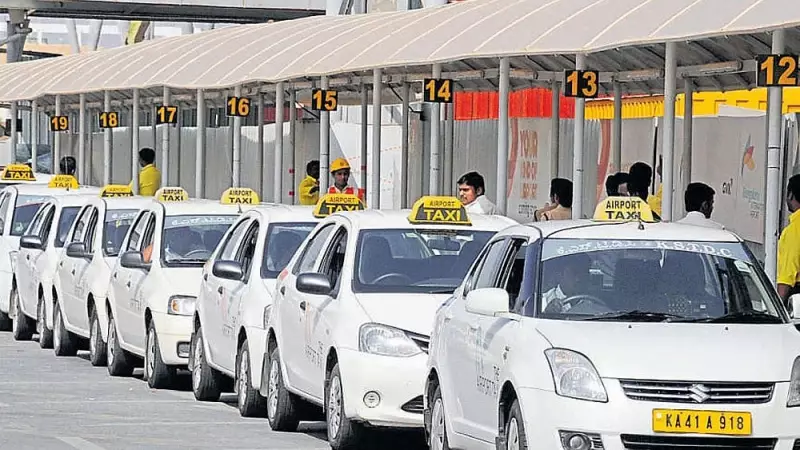
In a bold move that could reshape India's ride-hailing landscape, a revolutionary cooperative cab service has emerged to challenge the dominance of Ola and Uber. Bharat Taxi, India's first driver-owned cab aggregator platform, is making waves with its unique business model that promises to put drivers back in control of their earnings and working conditions.
The Cooperative Revolution in Ride-Hailing
Unlike traditional ride-hailing giants where drivers often complain about high commissions and unpredictable earnings, Bharat Taxi operates on a cooperative model where drivers themselves are stakeholders. This innovative approach ensures that a larger share of the fare goes directly to the drivers, addressing one of the biggest pain points in the industry.
How Bharat Taxi Works Differently
The platform functions similarly to conventional ride-hailing apps from the customer's perspective, but with crucial differences in its operational structure:
- Driver Ownership: Drivers are co-owners of the platform, giving them a direct stake in its success
- Lower Commission Rates: Significantly reduced platform fees compared to established players
- Transparent Pricing: Clear fare structures without surge pricing manipulation
- Local Empowerment: Focus on creating sustainable livelihoods for Indian drivers
Addressing the Driver Crisis
The Indian ride-hailing industry has been grappling with driver dissatisfaction for years. Many cab operators have reported shrinking earnings despite working longer hours, leading to protests and mass exits from platforms. Bharat Taxi's model directly tackles these issues by ensuring drivers receive a fairer share of the revenue.
What This Means for Passengers
For commuters, the emergence of Bharat Taxi brings several potential benefits:
- Competitive Pricing: Lower operational costs could translate to more affordable rides
- Better Service Quality: Happier drivers often mean improved customer experience
- Ethical Choice: Supporting a platform that prioritizes driver welfare
- Reliable Service: Potentially more consistent driver availability
The Road Ahead for Cooperative Mobility
While Bharat Taxi represents an exciting alternative, the platform faces significant challenges in competing with well-funded giants like Ola and Uber. Building brand awareness, expanding geographical coverage, and ensuring technological reliability will be crucial for its long-term success.
The cooperative model in ride-hailing marks a significant shift in how we think about the gig economy and platform workers' rights. As urban mobility continues to evolve, initiatives like Bharat Taxi could pave the way for more equitable digital marketplaces across various sectors.
As Indian consumers become more conscious about the ethical dimensions of their spending choices, platforms that prioritize fair treatment of workers alongside quality service might just find their moment in the spotlight.





